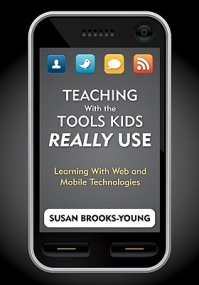From my research: New Literacies around the world
In case you’ve not subscribed to the RSS feed yet, I’m updating my new blog literaci.es regularly with the outputs from my ongoing Ed.D. work:
The history and status of digital literacy in Norway is complex. The term is presumed by English-speaking researchers and educators to mean, in a straightforward way, the same in Norwegian as it does in English. However, given the difficulty in translating words such as ‘literacy’ into Norwegian, and words such as ‘kompetanse’ from Norwegian, ‘media literacy’ is a term preferred increasingly to ‘digital literacy’.
New literacies (or the lack of them) in Singapore
In this standards-based, heavily-pressured educational culture – a society where, anecdotally, painkillers are stocked alongside exam-preparation books (Bracey, 2008) – it is unsurprising to find the dominant ‘new literacy’ to be Media Literacy. In addition, much of the available research literature into new literacies comes from, or through the lens of, Singapore’s National Institute of Education.
Digital Media Literacy in Australia
The seeming Australia-wide agreement on Digital Media Literacy as the accepted form of New Literacies is explained in part by Gibson (2008). He gives an overview of the ‘literacy wars’ in Australia, quoting Ilyana Snyder on how the press and professional journals keep alive the debates between conservatives and progressives (Snyder, 2008). The battleground over different forms and manifestations of traditional (print) literacy allows, suggests Gibson, Digital Media Literacy to show “some promise of a revival of educational optimism” (Gibson, 2008, p.74).
The USA: a New Literacies desert?
Due to the standards-based, testing culture in US schools, NYC’s approach is understandable. They have adopted the publication of an authoritative body who, in turn, have reacted to an environment created by US educational policy in the wake of NCLB. Such an environment stresses the importance of being ‘information literate’ and focuses on the traditional basics but, perhaps, at the expense of a cohesive programme for New Literacies.


